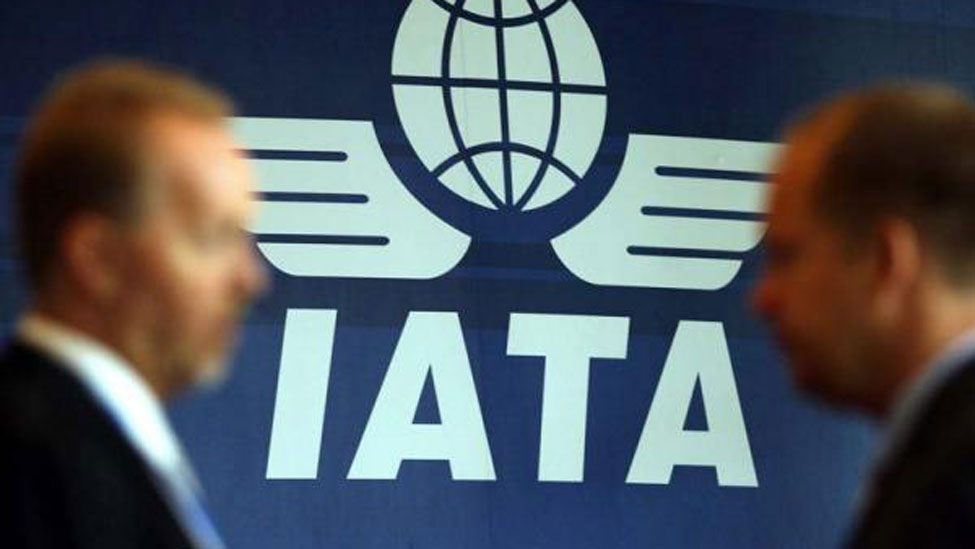
IATA: We need to continue building resilience post pandemic

The International Air Transport Association (IATA) urged the air cargo industry to continue working together at the same pace, with the same levels of cooperation as during the COVID-19 pandemic to overcome future challenges and build industry resilience.
Sustainability, modernization, and safety were highlighted as key priorities for the industry post pandemic. The call was made at the 14th World Cargo Symposium (WCS), which was held this week.
“Air cargo is a critically important industry. This pandemic reminded us of that. During the crisis, it has been a lifeline for society, delivering critical medical supplies and vaccines across the globe and keeping international supply chains open. And for many airlines, cargo became a vital source of revenue when passenger flights were grounded. In 2020, the air cargo industry generated $129 billion, which represented approximately a third of airlines’ overall revenues, an increase of 10–15% compared to pre-crisis levels. Looking towards the future, the outlook is strong. We need to maintain the momentum established during the crisis and continue building resilience post pandemic,” said Brendan Sullivan, IATA’s Global Head of Cargo.
Outlook for Air Cargo
The outlook for air cargo in the short and long-term is strong. Indicators such as inventory levels and manufacturing output are favorable, world trade is forecast to grow at 9.5% this year and 5.6% in 2022, e-commerce continues to grow at a double-digit rate, and demand for high-value specialized cargo – such as temperature-sensitive healthcare goods and vaccines – is rising.
This year cargo demand is expected to exceed pre-crisis (2019) levels by 8% and revenues are expected to rise to a record $175 billion, with yields expected to grow by 15%. In 2022 demand is expected to exceed pre-crisis (2019) levels by 13% with revenues expected to rise to $169 billion although there will be an 8% decline in yields.
“The surge in demand for air cargo and attractive yields are not without complications. Pandemic restrictions have led to severe global supply-chain congestion and created hardships for aircrew crossing international borders. Resourcing and capacity, handling and facility space and logistics will be an issue. This will create further operational challenges for our industry that must be planned for now. But we have demonstrated resilience throughout the crisis and with that same focus we will overcome these challenges,” said Sullivan.
Sustainability
“Sustainability is our industry’s license to grow. Shippers are becoming more environmentally conscious and are being held accountable for their emissions by their customers. Many are now reporting how much their supply chains produce in emissions, and they are looking for carbon-neutral transportation options. We all need to meet customer expectations for the highest standards of sustainability. The path from stabilizing to reducing net emissions will require a collective effort,” said Sullivan.
At IATA’s Annual General Meeting last week, airlines committed to achieve net-zero carbon emissions by 2050. This commitment will align with the Paris Agreement goal for global warming not to exceed 1.5°C. The strategy is to abate as much CO2 as possible from in-sector solutions such as sustainable aviation fuels, new aircraft technology, more efficient operations and infrastructure, and the development of new zero-emissions energy sources such as electric and hydrogen power. Any emissions that cannot be eliminated at source will be eliminated through out-of-sector options such as carbon capture and storage and credible offsetting schemes.
Modernization
“The pandemic accelerated digitalization in some areas as contactless processes were introduced to reduce the risk from COVID-19 transmission. We need to build on this momentum not only to drive improvements in operational efficiency but to meet the needs of our customers. The biggest growth areas are in cross-border e-commerce and special handling items like time and temperature sensitive payloads. Customers for these products want to know where their items are, and in what condition, at any time during their transport. That requires digitalization and data,” said Sullivan.












